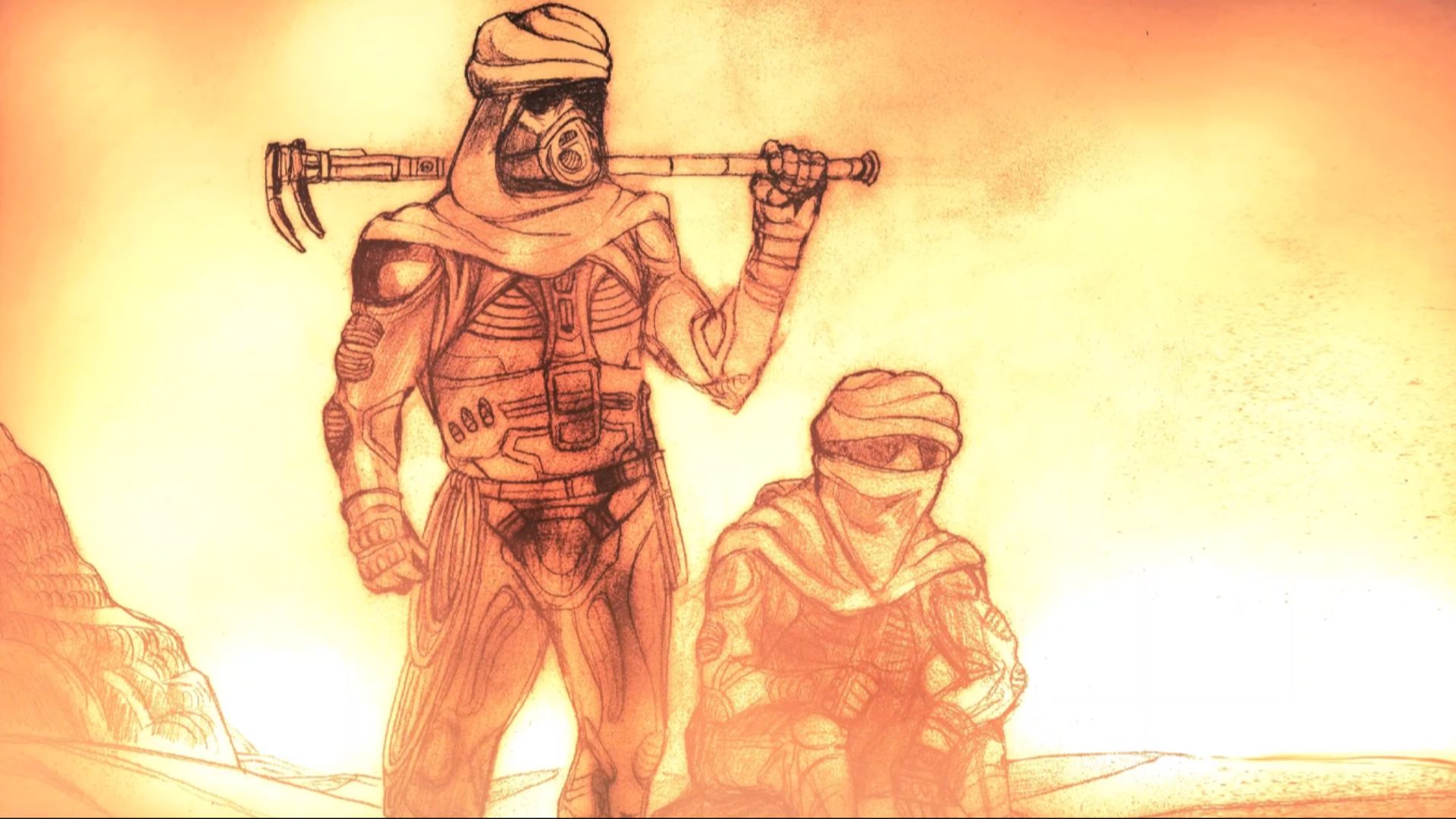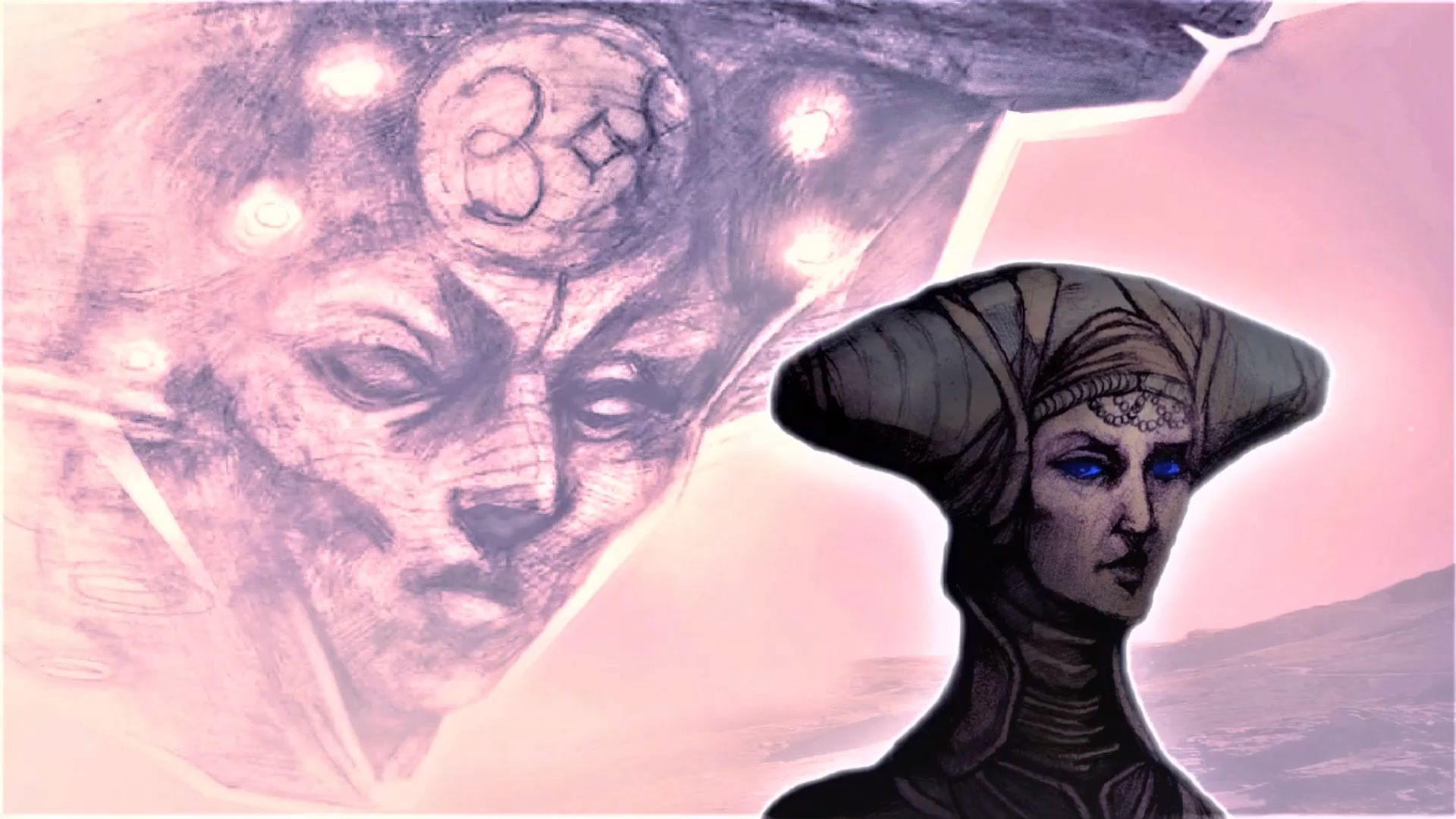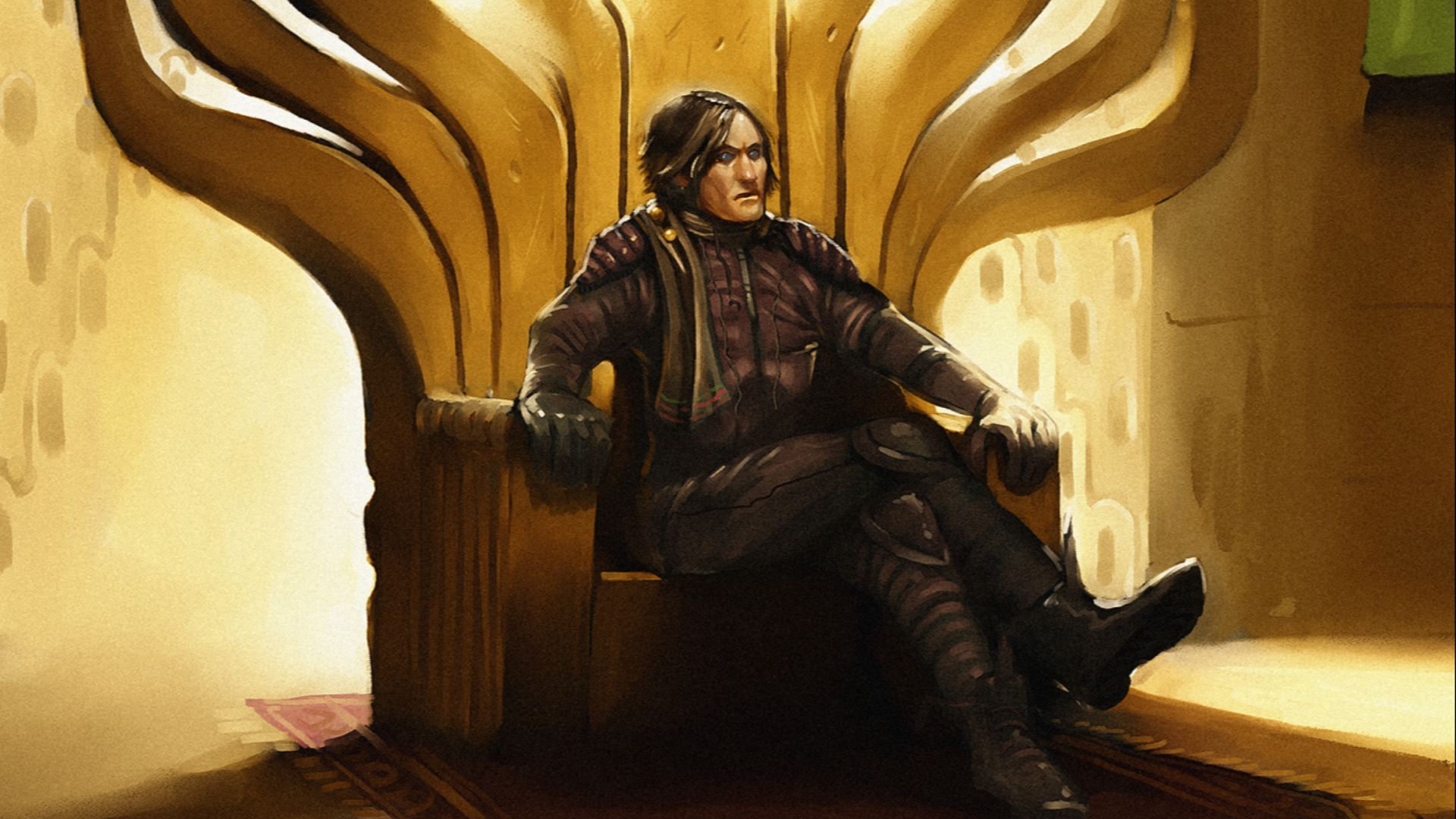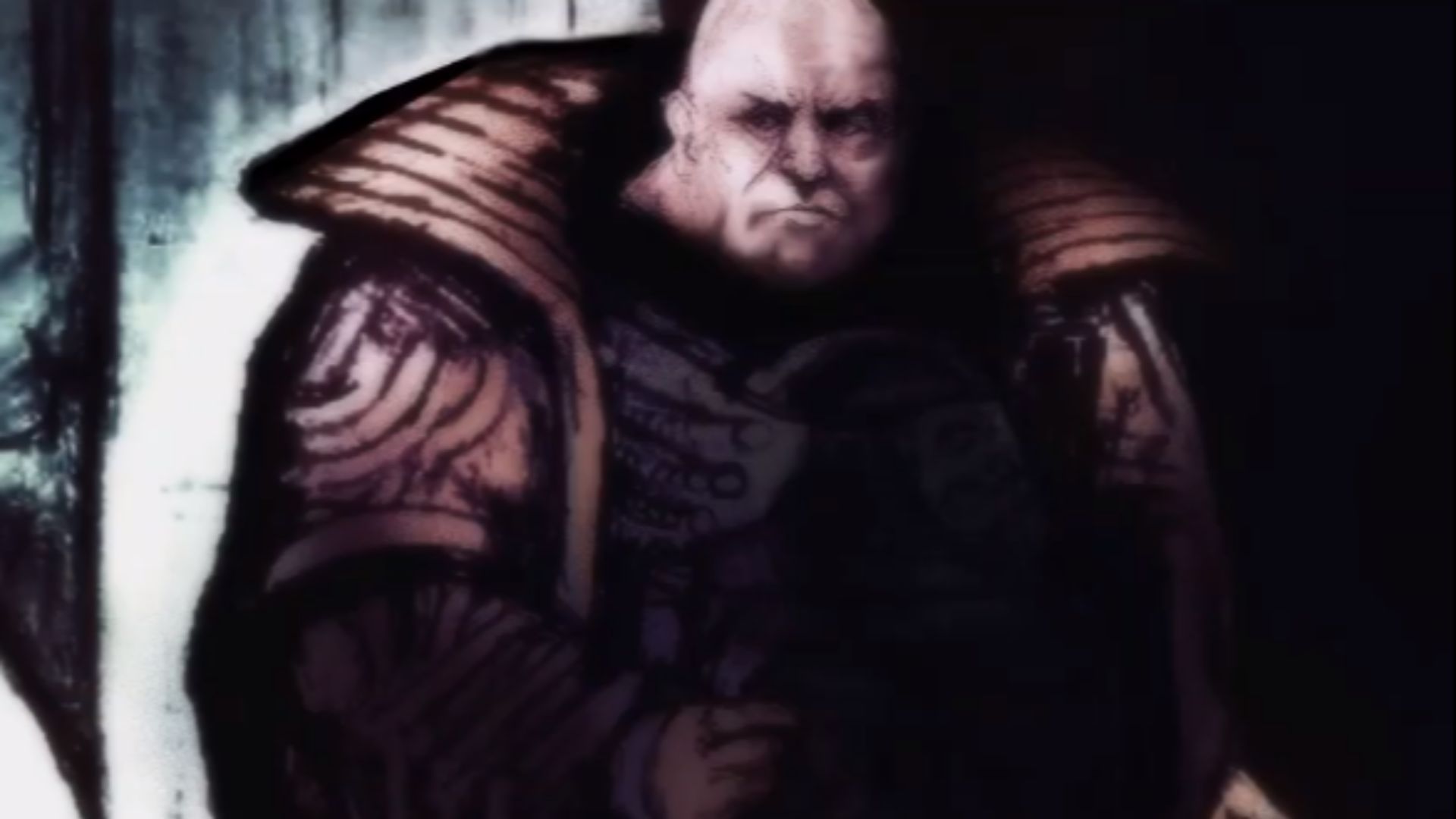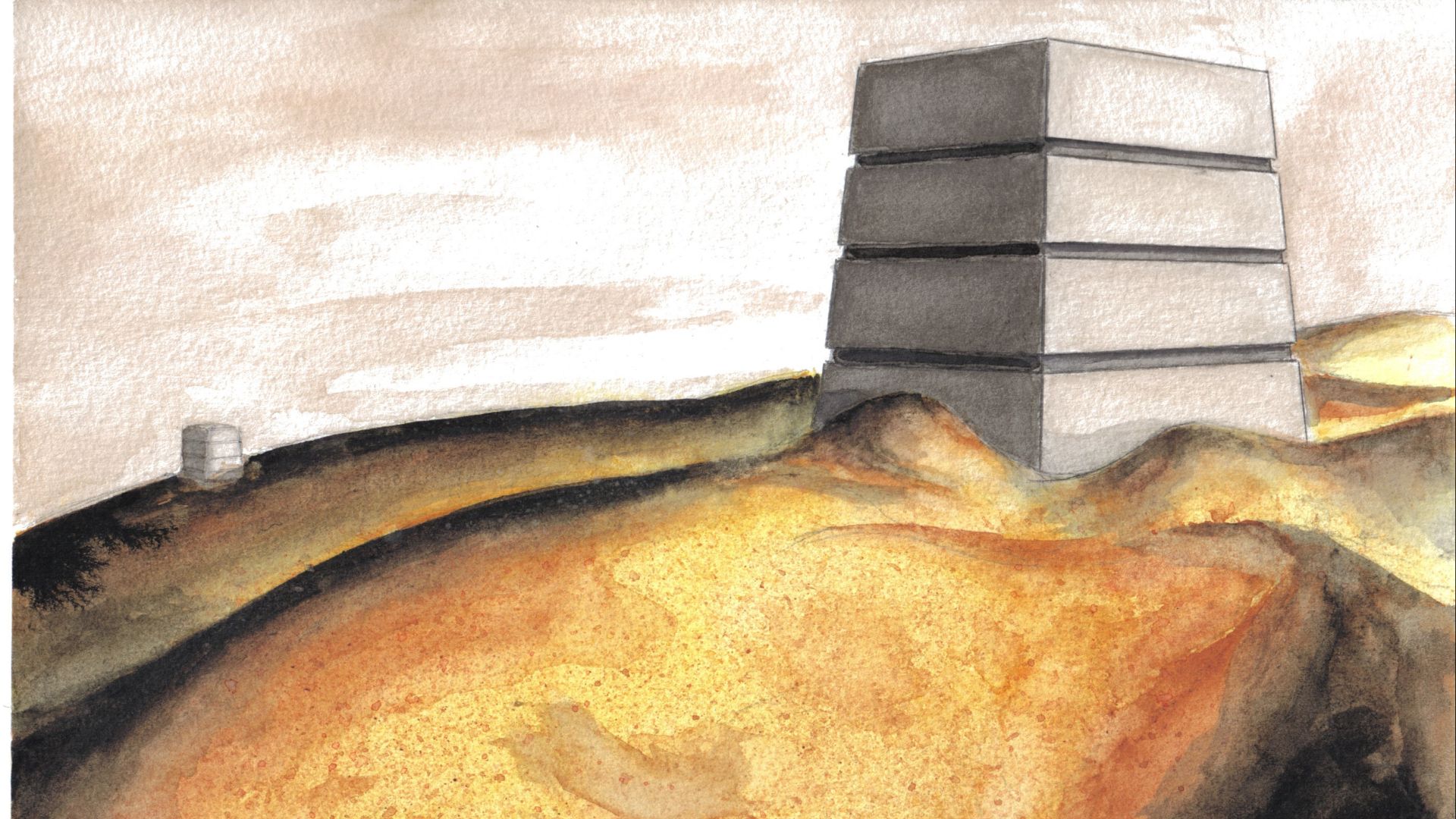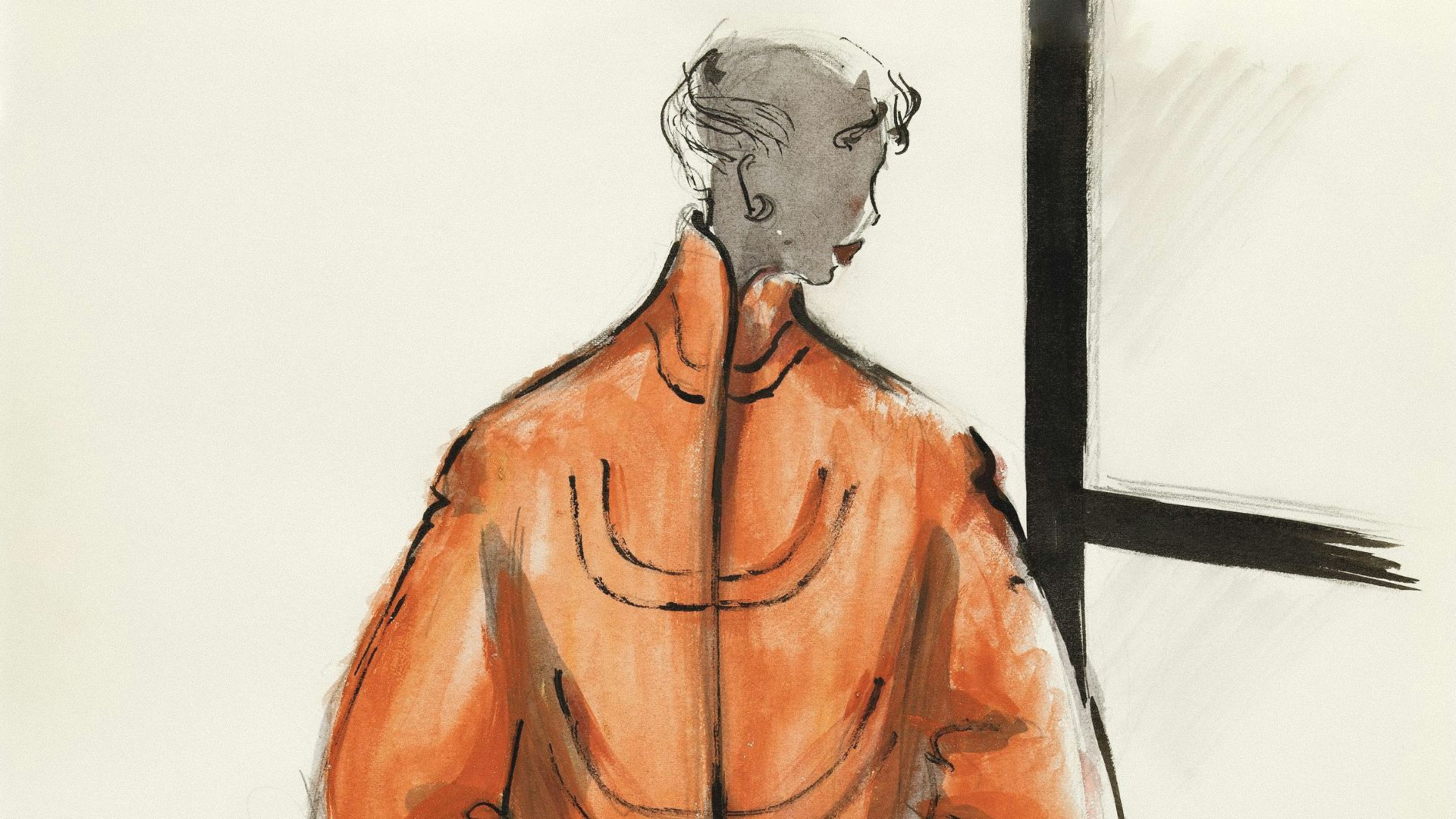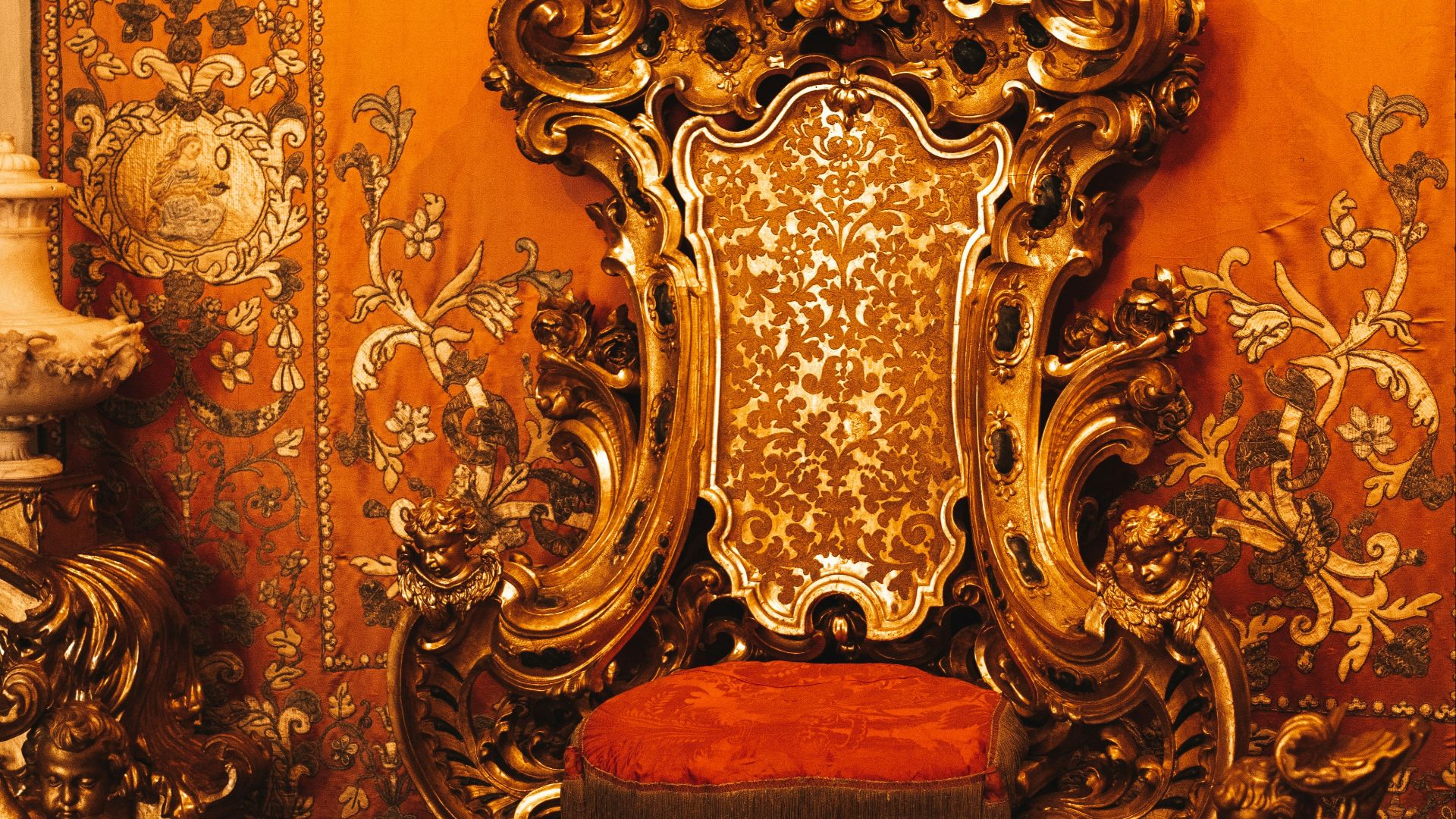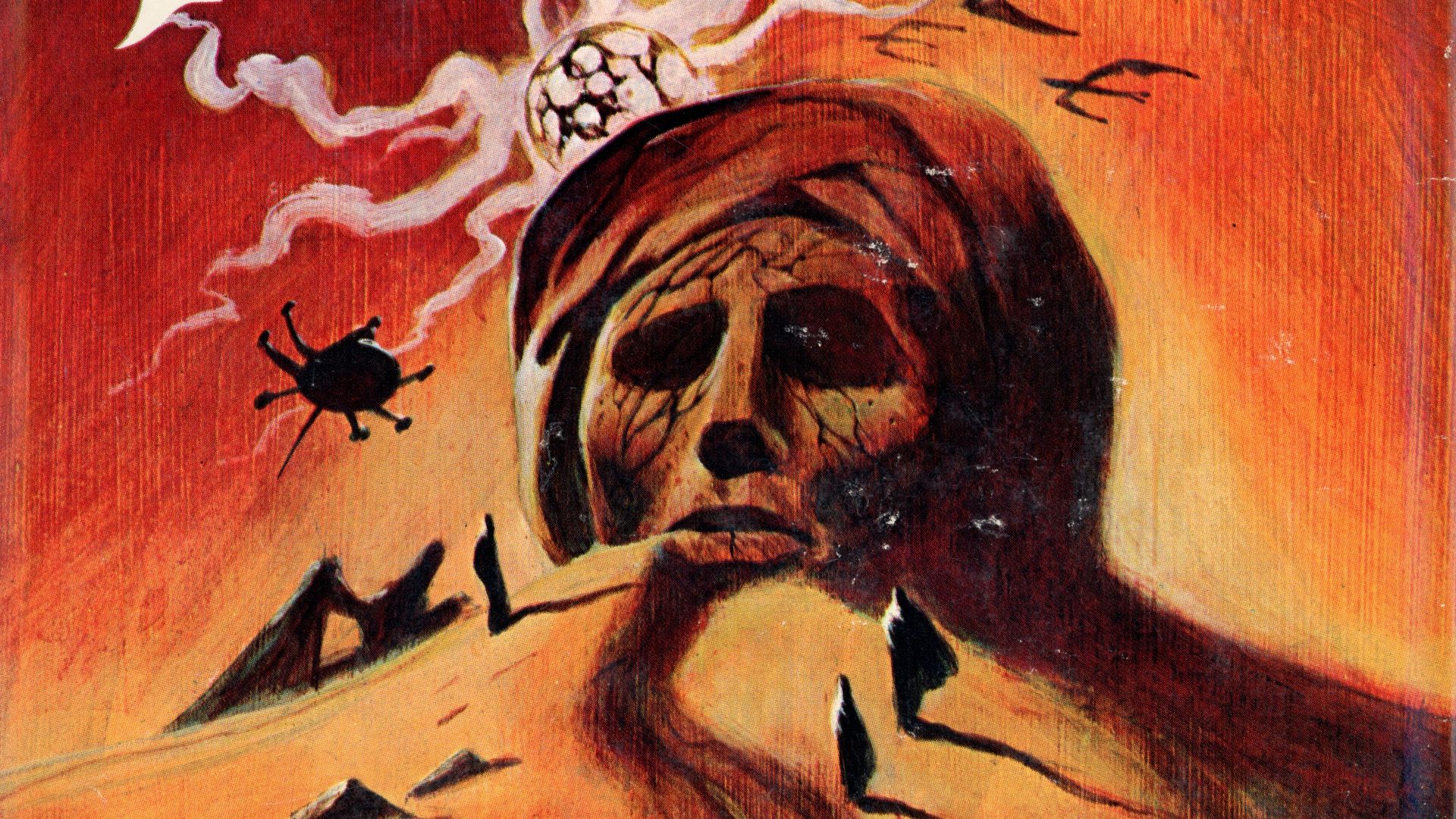Destined to Save, Fated to Destroy
Every myth needs a messiah. Dune gives us Paul Atreides—a boy born into prophecy, bred for greatness, and burdened by visions of a future too large for one person to bear. The tragedy is how smoothly he slides into the role meant to save humanity and somehow becomes its architect of ruin. We watch him rise, love him for his quiet defiance, then realize too late that all his victories taste faintly of ash. Here are 20 ways that Paul Atreides is no messiah but a villain.
 Midjourney, edited in Photoshop on Wikimedia
Midjourney, edited in Photoshop on Wikimedia
1. He Starts with Good Intentions
Every empire begins with someone who swears they’ll do better than their predecessor. Paul just happens to develop his political talking points from spice visions and notions of destiny. He wants justice, yes, but the kind that only works if he’s the one defining it.
2. He Turns Colonizers into Martyrs
The Atreides aren’t liberators; they’re another noble family taking control of Arrakis. Yet Paul reframes his conquest. Suddenly, his house isn’t another colonial hand—they’re liberators. He inherits oppression, calls it duty, and keeps the machine running under the guise of honor instead of greed.
 Draw and coloring room on Wikimedia
Draw and coloring room on Wikimedia
3. He Co-opts a People’s Faith for His Own Agenda
The Fremen have a religion long before he arrives. When he discovers that their prophecies closely align with his own story, he doesn’t attempt to disavow the role of savior. Instead, he retools their religious system and makes himself the centerpiece.
4. He Uses Charisma Like a Weapon
Paul doesn’t have to yell; he commands people with a look or a gesture. There’s something chilling about how power follows beauty—and how charisma is just a fist covered in a velvet glove.
5. He Learns the Tools of the Oppressors—and Improves Them
The Bene Gesserit manipulate bloodlines, bend voices to force obedience, and predict futures. Paul takes the tools of their trade and pushes them beyond their limits. He never rejects the rotten system; he perfects it.
6. He Justifies Atrocity with Math
Paul calculates death with brutal indifference. When the Fremen rise and whole cities burn, he does nothing to stop it. He weighs the cost, deems it necessary, and presses on. He is little more than a utilitarian with a god complex.
7. He Lets His Enemies Create His Narrative
There’s an art to becoming what your enemies fear most. The Harkonnens make him an exile; the Emperor brands him a threat. Paul decides to prove them right. He takes their worst expectations and transforms them into fulfilled prophecy.
8. He Makes the Fremen Believe They’re Free
Freedom is Paul’s favorite illusion. The Fremen fight for him, die for him, and call it liberation. But true freedom would mean living without a god-king. Instead, they get worship disguised as autonomy.
9. He Turns the Desert into a Throne Room
The planet that should’ve killed him becomes the symbol of his power. Even though he presents himself as a liberator, he in reality rules Arrakis with a level of control that the Harkonnens could only dream of.
10. He Uses Love to Cement Loyalty
Chani isn’t just a lover; she’s the emotional scaffolding for his empire. Her belief in him makes other Fremen follow dutifully. Love, in Paul’s hands, isn’t intimacy but a tool for cultivating the religious fervor that undergirds his reign.
11. He Speaks Like a Prophet, Thinks Like a Politician
He never commits fully to the divine but instead offers layered and diplomatic answers. Every word out of his mouth is calculated for maximum effect. He may claim to hate politics, but he’s simply better at it than anyone else.
12. He Refuses to Break the Cycle He Sees Coming
He knows the jihad will happen and claim the lives of billions, but he only half-heartedly tries to stop this vision from coming to pass. He knows that to truly stop the slaughter, he’d have to give up power. And Paul doesn’t give up anything.
13. He Turns Fear into Faith
The line between fear and worship is thin, and Paul makes the boundaries between the two blur frequently. His silence becomes sacred, while his mistakes are reframed as destiny. It’s a terrifying kind of efficiency that allows terror to sanctify itself.
14. He Treats Fate Like a Script, Not a Warning
Most of us would see a future drenched in blood and try to change it. Paul sees it and starts rehearsing his part as savior. Destiny, to him, isn’t a curse but choreography—a road map to power.
15. He Turns His Mother’s Lessons into Instruments of Power
Jessica trains him to survive, to sense deception, and to command others with the power of his voice. He takes those teachings and converts them into empire-building skills. Jessica’s maternal instincts become the foundation for galactic domination.
16. He Makes Everyone Else Complicit
Paul’s genius is in distributing guilt. Nobody forces the galaxy to kneel; they do it willingly. Every follower, every Fremen warrior, every noble ally gets a share of the responsibility, which means no one feels entirely to blame.
17. He Institutionalizes Worship of Himself
What starts as whispered prayers becomes formal ritual, evolving into law and the foundation of an empire. Paul doesn’t stop the religion that forms around him; he codifies it. He builds temples, names himself in songs. That’s self-canonization.
18. He Mistakes Vision for Wisdom
Seeing the future isn’t the same as understanding it. Paul confuses knowledge with enlightenment, and it ultimately ruins him. The more he knows about the future, the less he’s willing to accept it.
19. He Destroys the Balance Between Man and Nature
Arrakis was a living system that consisted of a delicate balance between the desert, the sandworms, the spice, and the people. Paul disrupts that balance in trying to improve the desert by greening it. In so doing, he disrupts not only the spice production but the indigenous culture of the Fremen.
20. He Leaves Behind a Religion That Devours Itself
Paul creates the framework for faith and then walks into the desert, blind and broken. And yet, the myth survives—stronger than ever. Alia, his sister, inherits that structure, but she lacks Paul’s foresight and restraint. As a result, she is more cruel and paranoid than Paul ever was.


